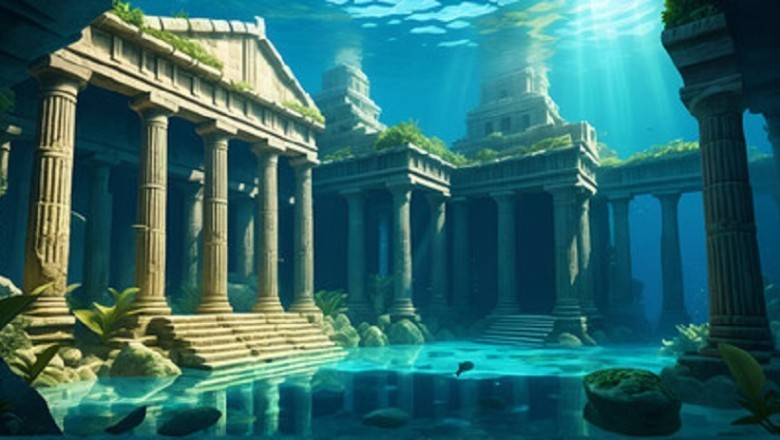
views
Uncovering the Lost City: The Astonishing Discovery of Atlantis
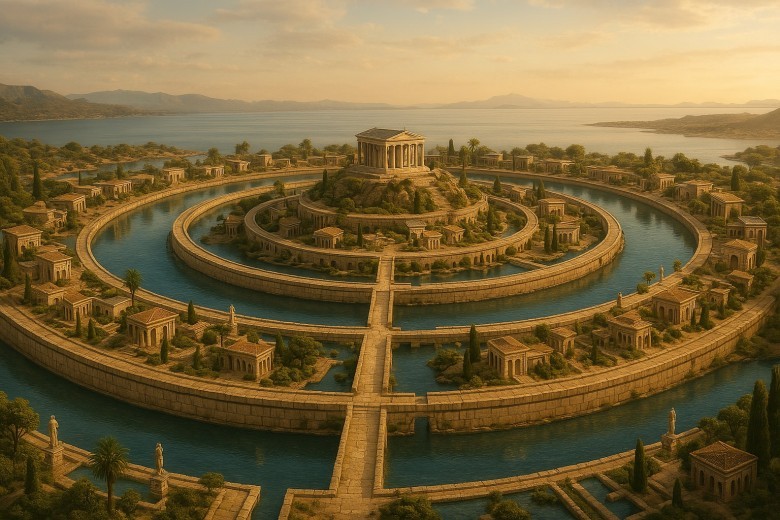
Introduction
The legend of Atlantis has captivated the human imagination for centuries. First mentioned by the ancient Greek philosopher Plato in his dialogues "Timaeus" and "Critias," Atlantis is described as a powerful and advanced kingdom that sank into the ocean "in a single day and night of misfortune." Despite numerous attempts to locate this fabled city, its existence remains one of history's greatest mysteries. This article delves into the various theories, discoveries, and ongoing searches for Atlantis, exploring the fascinating blend of myth and potential reality.
Plato's Account of Atlantis
Plato's description of Atlantis is the primary source of information about the lost city. According to Plato, Atlantis was a naval power lying "in front of the Pillars of Hercules" (the Strait of Gibraltar) that conquered many parts of Western Europe and Africa. The Atlanteans were described as a highly advanced civilization with impressive architectural and engineering feats, including complex canals and harbors. However, due to their moral decay and corruption, the gods punished them by submerging the entire island into the sea.
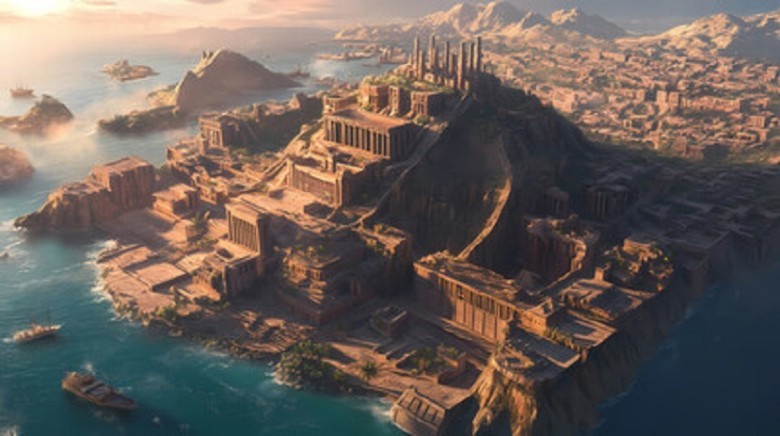
Plato's account is often debated among scholars. Some believe it to be a moral allegory rather than a historical account, while others argue that it could be based on real events or places. The detailed description provided by Plato has fueled centuries of speculation and exploration.
Historical Theories and Speculations
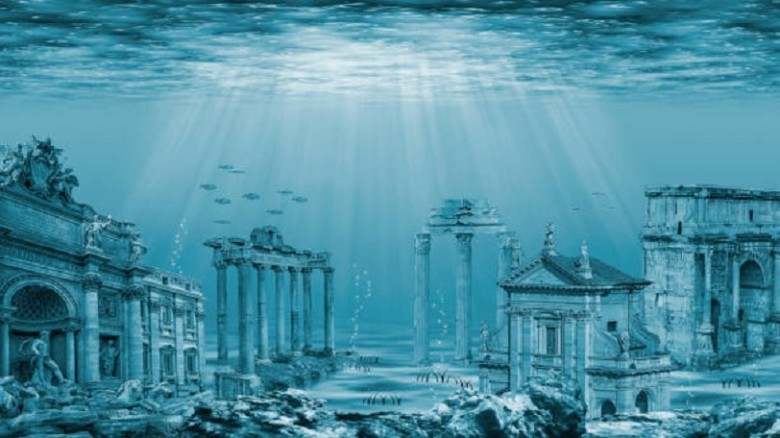
Early Theories
Early interpretations of Plato's Atlantis varied widely. Some ancient scholars believed Atlantis to be a metaphor for the ideal state, while others thought it was a real place that had been destroyed by natural disasters. During the Renaissance, the discovery of the New World led many to speculate that Atlantis was located in the Americas. This theory was supported by the similarities between the advanced civilizations of the Maya and Aztec and Plato's description of Atlantis1.
Modern Theories
In modern times, numerous theories have emerged about the possible location of Atlantis. Some of the most prominent include:
| Location | Description |
|---|---|
| Santorini, Greece | Some researchers believe that the volcanic eruption on the Greek island of Santorini around 1600 BCE, which destroyed the Minoan civilization, could be the inspiration for the Atlantis story. The eruption caused massive destruction and could have led to the myth of a sunken city2. |
| The Bahamas | In the 1970s, Charles Berlitz suggested that Atlantis was located near the Bimini Islands in the Bahamas. He pointed to the discovery of what appeared to be man-made structures underwater, although these have since been identified as natural beach-rock formations3. |
| Spain | A recent theory proposes that Atlantis was located on the Atlantic coast of Spain. Researchers claim to have found ruins that match Plato's description of the city, although this theory is highly contested by the scientific community4. |
| Antarctica | Some fringe theories suggest that Atlantis was located in Antarctica, based on the idea that the continent was once ice-free and habitable. However, this theory lacks substantial evidence and is widely dismissed by mainstream scholars5. |
| Malta | In the 19th century, Giorgio Grognet de Vassé argued that Malta was the location of Atlantis, inspired by the discovery of megalithic temples on the island. This theory, however, has not gained widespread acceptance6. |
| Souss-Massa plain | Hübner argued that the Souss-Massa plain was called Atlantis Nesos, the Island of Atlas, by ancient Greeks before the Greek Dark Ages. The Amazigh (Berber) people actually call the Souss-Massa plain island6. |
Recent Discoveries and Archaeological Evidence
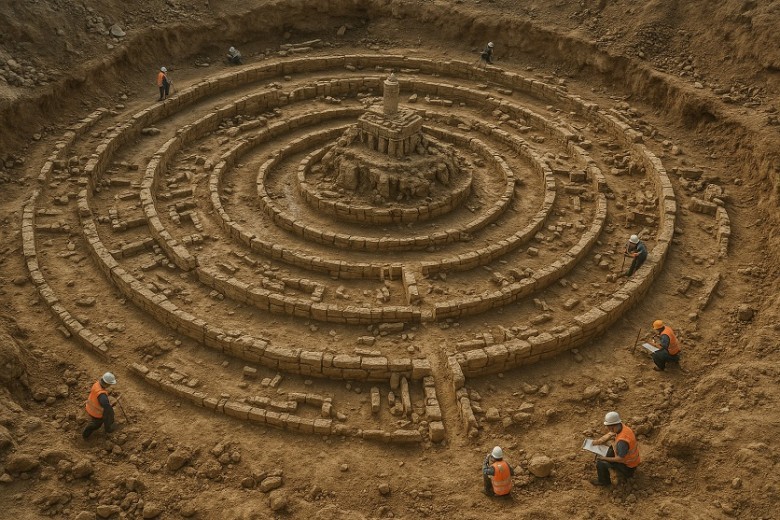
The Bimini Road
One of the most famous discoveries related to Atlantis is the Bimini Road, an underwater rock formation near North Bimini Island in the Bahamas. First discovered in 1968, the Bimini Road consists of a series of large, flat stones arranged in a linear pattern. Some researchers initially believed it to be a man-made structure, possibly a road or wall, supporting the theory that Atlantis was located in the Bahamas. However, geological studies have since determined that the formation is natural, created by the erosion and fracturing of beach rock3.
The Richat Structure
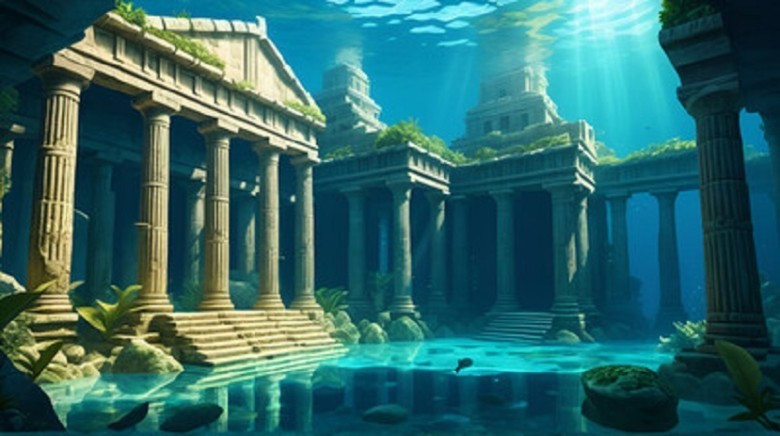
Another intriguing discovery is the Richat Structure, also known as the Eye of the Sahara, located in Mauritania. This large, circular geological formation has been suggested as a possible location for Atlantis due to its resemblance to Plato's description of the city's concentric rings. However, like the Bimini Road, the Richat Structure is believed to be a natural formation, created by geological processes over millions of years.
Underwater Structures in the Mediterranean
In recent years, several underwater structures have been discovered in the Mediterranean Sea that some researchers believe could be remnants of Atlantis. For example, in 2018, a team of researchers claimed to have found evidence of a submerged city off the coast of Cádiz, Spain. Using advanced imaging techniques, they identified circular structures on the ocean floor that they believe match Plato's description of Atlantis. However, these claims are still under investigation and have not been widely accepted by the scientific community7.
Scientific Perspectives and Criticisms
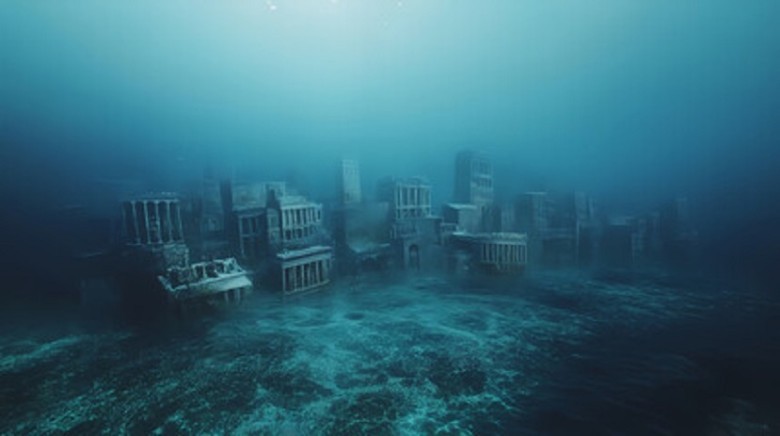
Skepticism and Criticism
Despite the numerous theories and discoveries, the existence of Atlantis remains highly controversial. Many scientists and archaeologists are skeptical of the claims made by Atlantis enthusiasts, arguing that there is no concrete evidence to support the existence of the lost city. They point out that many of the supposed discoveries, such as the Bimini Road and the Richat Structure, have been proven to be natural formations.
Alternative Explanations
Some researchers suggest that the story of Atlantis could be based on real historical events, such as the destruction of the Minoan civilization on Santorini. The volcanic eruption that destroyed the Minoan city of Akrotiri around 1600 BCE caused massive destruction and could have inspired the myth of a sunken city. Similarly, other ancient civilizations that were destroyed by natural disasters, such as the city of Helike in Greece, which was submerged by an earthquake in 373 BCE, could have contributed to the Atlantis legend.
The Role of Myth and Legend
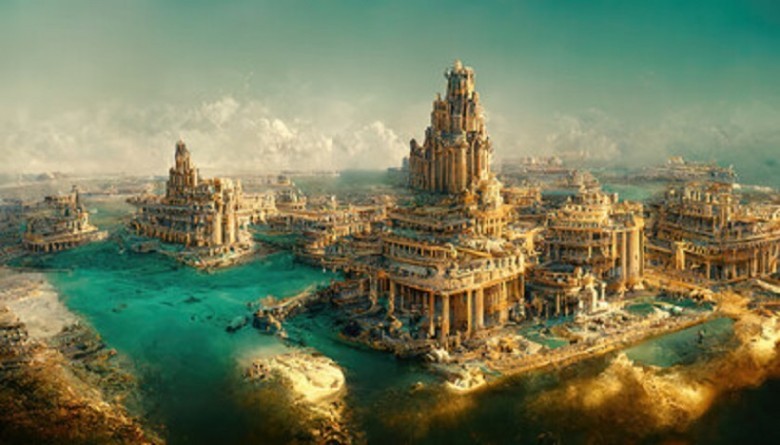
It is also important to consider the role of myth and legend in ancient cultures. Many ancient civilizations had stories of great floods and lost cities, which often served as moral lessons or explanations for natural phenomena. The story of Atlantis could be one such myth, created by Plato to illustrate the consequences of moral decay and corruption.
Conclusion
The search for Atlantis continues to captivate the imagination of people around the world. While numerous theories and discoveries have been put forward, the existence of the lost city remains unproven. Whether Atlantis was a real place or a mythical creation, its story serves as a reminder of the power of human imagination and the enduring fascination with the mysteries of the past.
As technology advances and new discoveries are made, the search for Atlantis will undoubtedly continue. Whether it is ultimately found or remains a legend, the quest for the lost city of Atlantis will continue to inspire exploration and discovery for generations to come.










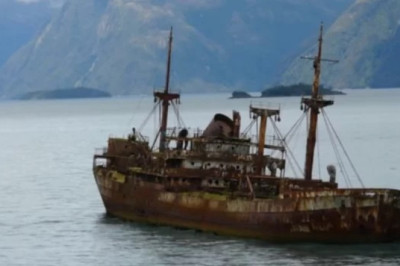







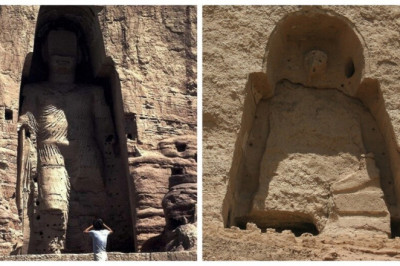

Comments
0 comment